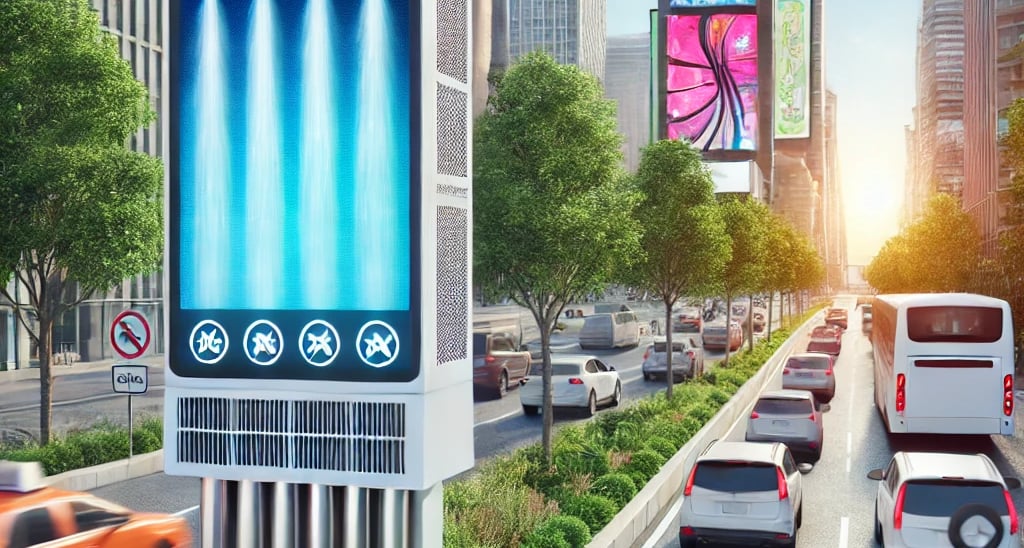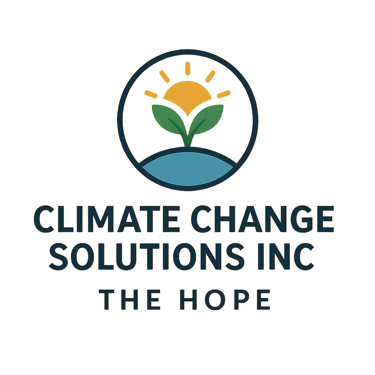Transforming Urban Landscapes with Pollution-Free Solutions
The "Clean Air" project by Dhope.org is a revolutionary initiative aimed at addressing the pressing issue of urban air pollution and its contribution to global warming. By deploying a network of powerless CO2 and air pollutant filtration systems in high-pollution cities like Delhi, Mumbai, Chennai, Bangalore, and beyond, this project seeks to transform urban air quality while simultaneously mitigating climate change.


Project Mission
To combat urban air pollution and mitigate global warming by deploying innovative, powerless CO2 and air pollutant filtration systems that improve air quality, protect public health, and foster sustainable urban living.
Project vision
To create a world where clean air is accessible to all, urban environments are free from pollution, and communities thrive in a climate-resilient and health-conscious future. Through scalable and self-sustaining solutions, the Clean Air Project aims to set a global standard for environmental and social well-being.
Highlights of the Project
Powerless Technology: Utilizes airflow from passing vehicles to filter air without external power.
High Efficiency: Each unit filters 1 ton of CO2 and PM2.5 annually.
Low Maintenance: Periodic filter replacements and cleaning ensure seamless operation.
Revenue Model: Integrated advertising displays generate ongoing funds for maintenance and scaling.
Scalability: Designed for easy deployment in cities worldwide.
How It Works
Installation: Units are fitted on road dividers and other strategic locations.
Operation: Passing vehicles generate airflow, which powers the filtration process.
Filtration: Polluted air enters the unit, where CO2 and PM2.5 particles are trapped, releasing cleaner air back into the environment.
Maintenance: Filters are replaced periodically, funded by advertising revenue from the built-in displays.
Year-Over-Year Reduction in Global Warming
Each filtration unit removes 1 ton of CO2 annually. With 10,000 units deployed in a city:
Delhi: 10,000 tons of CO2 reduced per year.
Mumbai: 10,000 tons of CO2 reduced per year.
Chennai: 10,000 tons of CO2 reduced per year.
Bangalore: 10,000 tons of CO2 reduced per year.
With 100 cities globally adopting the system, the annual reduction reaches 1 million tons of CO2, leading to:
A measurable slowdown in global warming.
Reduced greenhouse gas concentrations, lowering average global temperatures over time.
Indirect Benefits
Environmental Impact:
Reduced drought occurrences by stabilizing weather patterns.
Mitigation of flash floods caused by unpredictable extreme weather events.
Better climate resilience for urban and agricultural areas.
Public Health Benefits:
Significant reduction in chronic lung diseases like asthma and bronchitis due to lower PM2.5 levels.
Improved overall public health, leading to reduced healthcare costs.
Economic Impact:
Savings on infrastructure maintenance and healthcare expenses.
Job creation in manufacturing, installation, and maintenance of filtration units.
Cost Per Beneficiary
Installation and maintenance costs are offset by revenue from corporate advertising on display screens fitted on the filtration units.
Estimated annual cost per city: $5 million, fully recoverable through:
Advertising Revenue: Roadside displays auctioned to corporations for marketing.
Municipal Funding: Cities invest in public health and environmental sustainability.
How It Works
Zero Energy Operation: Utilizes airflow from passing vehicles to filter air, requiring no external power source.
Low Maintenance: Filters replaced and units cleaned periodically, funded through advertising revenue.
Scalable Design: Adaptable to cities worldwide, with each unit filtering significant CO2 and PM2.5 annually.
Impact on Climate Resilience
By reducing urban air pollution, the Clean Air project contributes to a chain reaction of positive climate effects:
Stabilizes atmospheric CO2 levels.
Reduces heat islands in urban areas.
Supports global climate goals, enhancing resilience against climate extremes.
Revenue Model
To ensure the project’s sustainability, each unit will feature a display screen for corporate advertising:
Revenue from Advertising Auctions: Corporations bid for advertising space on high-visibility roadside units.
Additional Municipal Support: Governments contribute to funding as part of urban sustainability initiatives.
Call to Action
The Clean Air project represents a bold step toward a sustainable and livable future. By cleaning urban air and reducing global warming, it delivers a healthier environment and a brighter future for generations to come. We invite:
Corporations: Partner with us for impactful marketing while supporting sustainability.
City Municipalities: Fund this initiative to protect your citizens and combat climate change.
Individuals: Advocate for cleaner air and better public health in your community.
Together, we can make clean air a reality for all. Let’s transform our cities into beacons of sustainability and resilience.
Seeking Seed Funding
To bring the Clean Air project to life, we are seeking seed funding to:
Develop Prototypes: Create and test functional prototypes to demonstrate effectiveness and scalability.
Form Corporate Partnerships: Collaborate with corporations that can work with government bodies to secure necessary approvals and permissions.
Expand Implementation: Scale the project to multiple cities and establish a global network of Clean Air filtration units.
